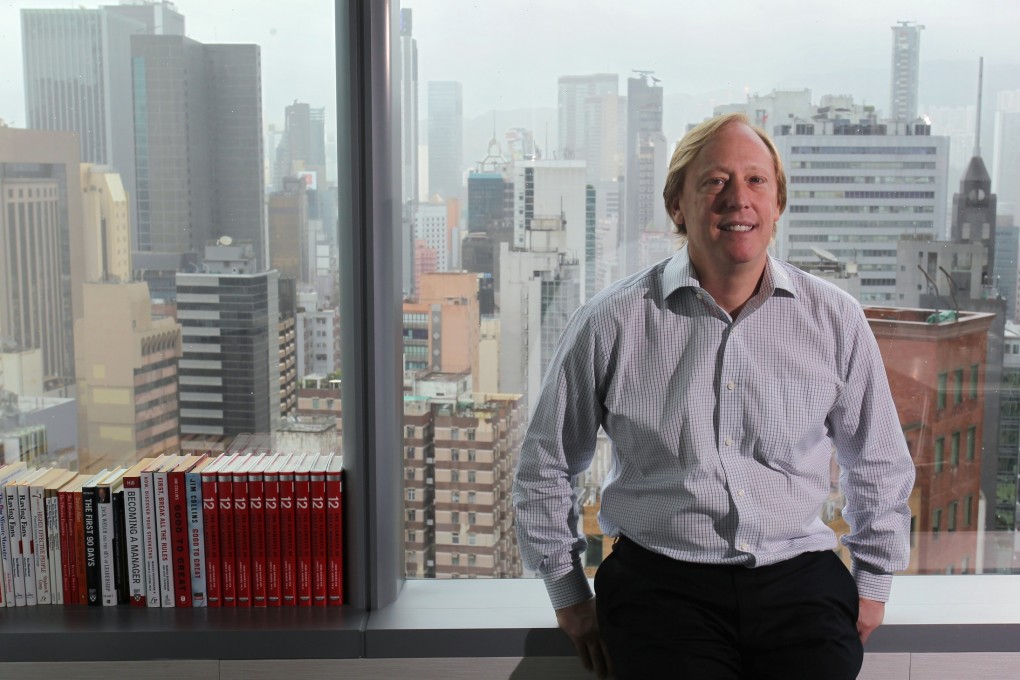New | Dark-pool platform Luminex raises bar for transparency
Luminex aims to provide a platform where the biggest investors will know the rules and be kept free of interference from speculators

The new dark pool for fund managers announced by Fidelity Investments and others is the latest attempt to bring transparency to part of the market seen as cloaked in secrecy.
Fidelity, BlackRock and seven other asset managers unveiled Luminex, an industry-owned dark pool where they say the biggest investors will know the rules and be kept free of interference from speculators.
The venture follows a year in which the reputations of private electronic equity venues suffered as regulators uncovered evidence of deception.
While ambitious, the model described by the fund companies bears resemblances to venues already in operation, in particular the one run by Liquidnet Holdings. That platform, opened in 2001 by Seth Merrin and serving about 760 fund companies in 43 markets worldwide, ranked 20th among the biggest American dark pools by volume, the latest data showed.
"It would be wonderful if everybody put all their eggs in the Liquidnet basket," Merrin said. "We look at this as them throwing their hands up in the air and saying 'we're fed up with this market structure', 'we're fed up with the shenanigans'."
At Liquidnet, the average size of trades is more than 40,000 shares, about 200 times greater than those found on most venues. The platform has found a niche as a crossing network where the biggest investors wait for counterparties to show up with orders that match theirs.